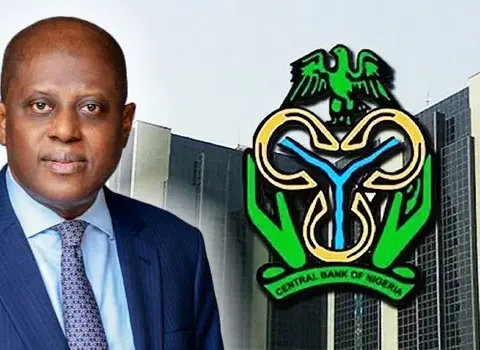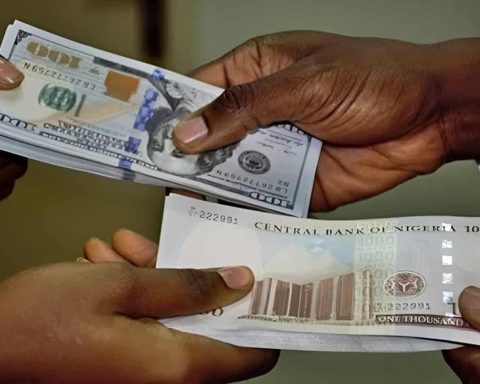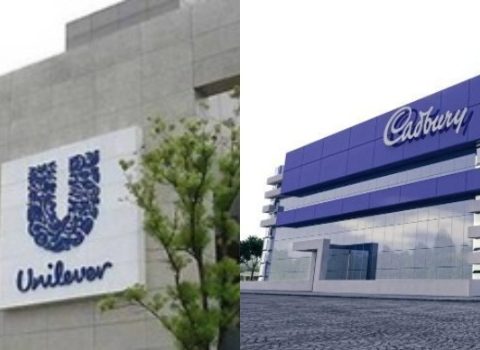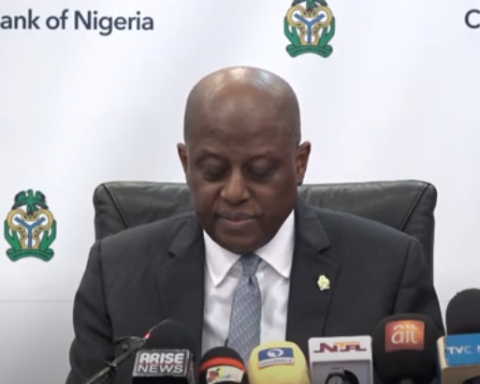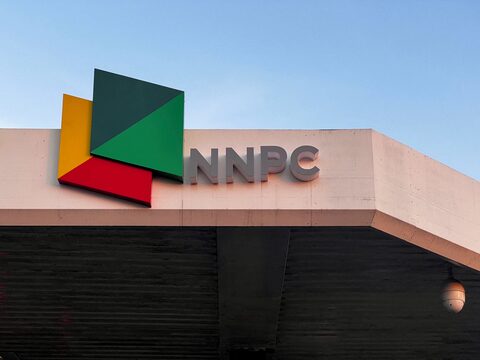Power Generation companies have responded to the declaration of tariff slash for Band A customers in Enugu State, saying it is unsustainable.
The GenCos strongly opposed the order issued by the Enugu Electricity Regulatory Commission, stating that it was based on an erroneous assumption of electricity subsidy provided by the Federal Government.
Join our WhatsApp ChannelPrime Business Africa had reported that the Enugu Electricity Regulatory Commission (EERC) on Sunday issued Order No. EERC/2025/003, mandating MainPower, the utility firm that succeeded Enugu Electricity Distribution Company (EEDC), to slash electricity tariff for Band A customers from N209 per kilowatt hour (Kwh) to N160/Kwh with effect from 1 August 2025.
EERC further ordered that tariffs for Bands B, C, D, and E should be kept frozen.
The Commission argued that the tariff cut is considered to be cost-reflective, insisting that it must reflect the power generation subsidy by the Federal Government for the benefit of electricity consumers.
READ ALSO: Nigerian Govt Incurs ₦536bn Electricity Subsidy In Q1 2025
In a statement signed by the EERC Chairman, Chijioke Okonkwo, the Commission said the new tariff for Band A customers in Enugu followed a review of MainPower, DC’s entire costs.
Okonkwo said: “We reviewed their entire costs, using our Tariff Methodology Regulations 2024, and the supporting Distribution Tariff Model to get an average price of N94.
“The price is low because the Federal Government has been subsidising electricity generation cost, which charges only N45 out of the actual cost of N112. That was how we came about the average tariff of N94 as cost-reflective tariff at our level as a subnational electricity market.
“Breaking this across the various tariff bands means that Band A will be paying N160 while other Bands B, C, D, and E are frozen.
“Band A, at N160, will help MainPower to manage the rate shock, and if the subsidy is removed, the savings will assist them in stabilising the tariff over a defined period of time. Nevertheless, at all times, the tariff will be cost reflective and will not require any state subsidy.”
Reacting to that, GenCos in a statement issued on Monday by the Chief Executive Officer of the Association of Power Generation Companies, Joy Ogaji, said there was no government policy on subsidy in the first place.
According to Ogaji, the Federal Government has been incurring debt in the form of unpaid subsidies and GenCos bear the burden.
“It is imperative to state that there is no FGN policy on subsidies. It is a debt accumulation,” Ogaji stated.
She explained that from the tariff order issued by the EERC, only N45 naira is captured for generation cost out of N112, and wondered how the Commission expects that it would be offset by the Federal Government, even when there is no official or cash-backed subsidies in place.
She warned that the new tariff issued by EERC has set a precedent for all other States that may not be sustainable, adding that it “portends a bigger issue in the decentralisation of power or electricity to the states.”
The statement said there are unresolved issues about obligations and liabilities (particularly all legacy debts post privatisation, but before the exit to state independence) in the decentralisation discourse.
It queried whether, by the order, EERC means to continue depending on the Federal Government for subsidising its electricity.
“How does EERC account for their share of the accumulated sector debt, or are they assuming assets with no liability?
“Should EERC not be designing its tariff to remove its dependency on the FG and make its market attractive for investors?” Ogaji queried.
Prime Business Africa recalls that the GenCos had cried out over N4 trillion owed to them by the Federal Government. The group threatened to shut down supplies, prompting the intervention of the Minister of Power, Bayo Adelabu, who promised that the Federal Government would settle the debt.
Ogaji pointed out that only N900 billion was set aside in the Federal Government’s 2025 budget for electricity support, which she said was insufficient to cover even half of the industry’s yearly generation invoices, which average N250 billion per month.
She said power generated by GenCos has continued to be consumed in full without corresponding full payment.
According to her, there are no tangible efforts at the moment by the government to release the funds, including plans for cash payments, issuing financial instruments, and debt swaps.
Victor Ezeja is a passionate journalist with seven years of experience writing on economy, politics and energy. He holds a Master's degree in Mass Communication.




